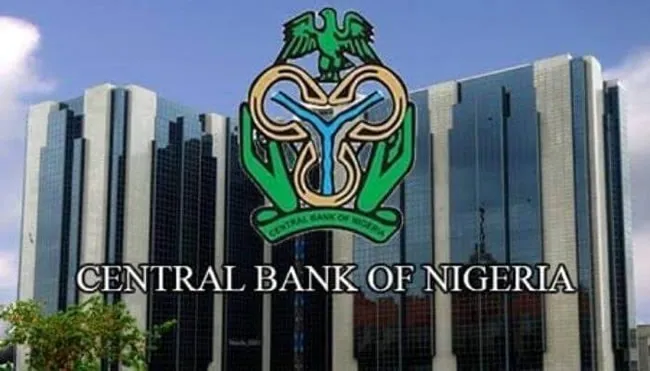Cordros Asset Management has asserted that a rate cut by the Central Bank of Nigeria could help stabilize the equities market in 2025, provided that macroeconomic conditions are favorable.
This perspective was articulated by Arnold A. Dublin-Green, Chief Investment Officer of Cordros Asset Management, in an investor letter for February 2025
The report indicates that Cordros Capital anticipates a rate cut during the CBN’s policy meeting in May, highlighting that current monetary conditions remain restrictive, notwithstanding a recent rebasing conducted by Nigeria’s National Bureau of Statistics ,NBS.
Dublin-Green further observed, “The stability of the Naira encourages oil companies to convert foreign currencies into Naira within the local market. This could provide a liquidity boost and attract additional investors to risk assets such as equities”.
He also emphasized that a combination of easing inflation and improved foreign exchange liquidity could facilitate greater market participation in riskier investments, like equities.
“This establishes a favorable case for Nigerian equities. Interest rates are expected to decline, inflation is stabilizing, and foreign exchange liquidity is improving”.
In February, the NBS reported that the inflation rate dropped to 24.48% in January from 34.80% in December. This decrease resulted from a rebasing process that updated the base year to reflect the current economy more accurately.
According to Cordros, projections now suggest that the inflation rate could further decline to 23.5% by 2025, leading the CBN to view current monetary conditions as restrictive and to consider rate cuts at the projected meeting in May.
“Although the rebased number does not provide a strong justification for the Central Bank of Nigeria to cut rates, it does strongly argue that current monetary conditions are too restrictive”, Dublin-Green stated.
He further opined that if rates are eventually reduced, it could bring benefits to both the consumer goods and industrial goods sectors, as they would enjoy lower loan rates.
For the financial services sector, he noted, “For banks, rate cuts should spur loan growth while improving FX liquidity, which will, in turn, reduce pressure from foreign exchange losses”.
Moreover, “Consumer companies, which have suffered under the weight of high inflation, will see their margins improve as input costs stabilize. Industrials, particularly those tied to infrastructure and construction, will benefit from both lower borrowing costs and a more stable Naira”.
Arnold A. Dublin-Green expressed expectations of a weaker dollar, describing it as a game changer for Africa’s commodity market.
“For Africa, a weaker dollar is a game changer. Commodity exports, which are priced in dollars, will generate higher revenues in local currency”, he stated.
He added that this shift would reduce the external debt burden for both commodity traders and FMCG companies, which have struggled with high debt service costs.
Furthermore, he noted that the changing global capital flows could finally bring African markets back into focus, especially by improving FX liquidity and presenting attractive valuations





